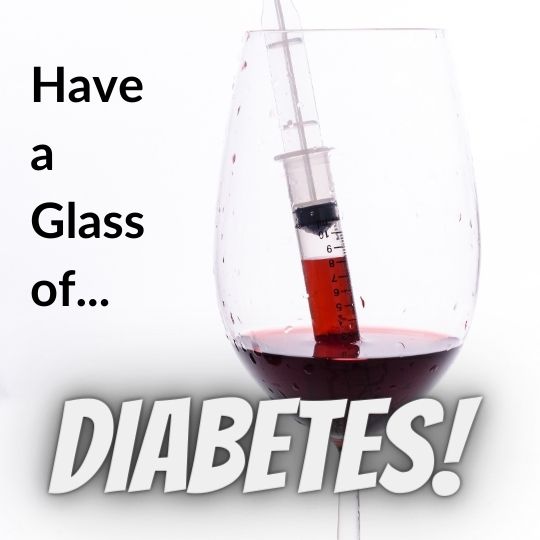Fun is easy. Anything the opposite of fun is harder. I know it’s obvious, but we often forget this when it comes to health behaviors.
The most common approach is to force ourselves to do unenjoyable things we should be doing because they are good for us. How’s that working for us as a society?
Here’s a real-life example of “cognitive reframing” to make health behaviors easier.
I have a client who is very social and meets up with friends or neighbors many nights of each week. She often enjoys one or a few alcoholic drinks as part of the revelry, as do most of her friends and neighbors.
My client has a family history of type-2 diabetes and is concerned about getting it herself. We both agreed that having 2-3 alcoholic beverages most nights of the week will put her at increased risk of what she fears.
I asked her if there are some nights where she’s very much looking forward to the drinks and if there are other nights where she feels more ambivalence towards them. She said, “yes.” Boom.
The problem is, from a health perspective, that she often has the same number of drinks on both types of nights. The established behavior pattern and habit around socializing with alcohol makes that the default choice. To say nothing of the implicit social pressure of everyone else doing the same thing.
When it’s willpower vs. habits, habits usually win.
We discussed how to alter her patterns so that she can more successfully choose to abstain from alcohol on nights where she feels ambivalence towards it. And thus enjoy it freely on nights where she is genuinely in the mood for it.
The only way these types of changes are ever successful is if patterns are disrupted. Because patterns and habits lead to actions with less thought, we need new thoughts that precede and disrupt the action we want to change.
We agreed that on nights where she is feeling ambivalence towards alcohol, she will internally think of having a drink as “having a glass of diabetes.” This keeps the long-term goal of maintaining metabolic health and avoiding diabetes front and center and brings it into the moment of decision on a given night.
This reframing allows a celebratory enjoyment of having a couple of drinks with friends on nights when there is strong desire for that. And at the same time, it makes it easier to adjust behaviors to be more in line with her health goals on evenings where her attitude towards a couple drinks is “meh”.
We live in bodies that are the product of the choices we make most often. And our brains are wired to discount future goals and prefer more immediate rewards.
This type of reframing allows for enjoyment and fun while still altering behavior enough to improve health. Is there something in your life that you can improve simply by reframing?

